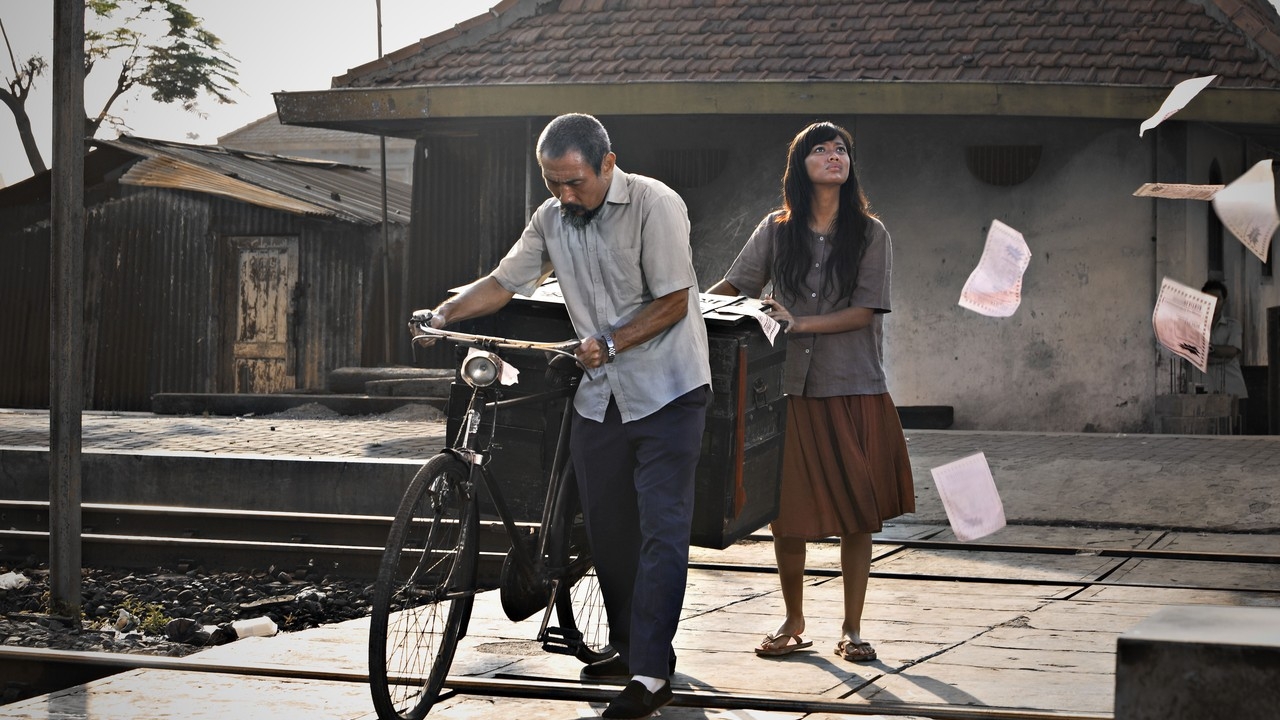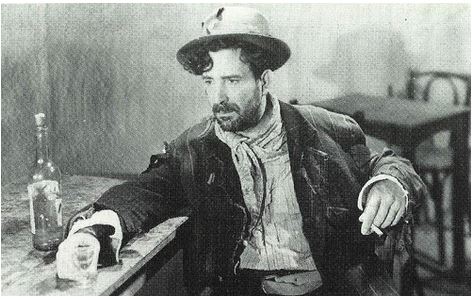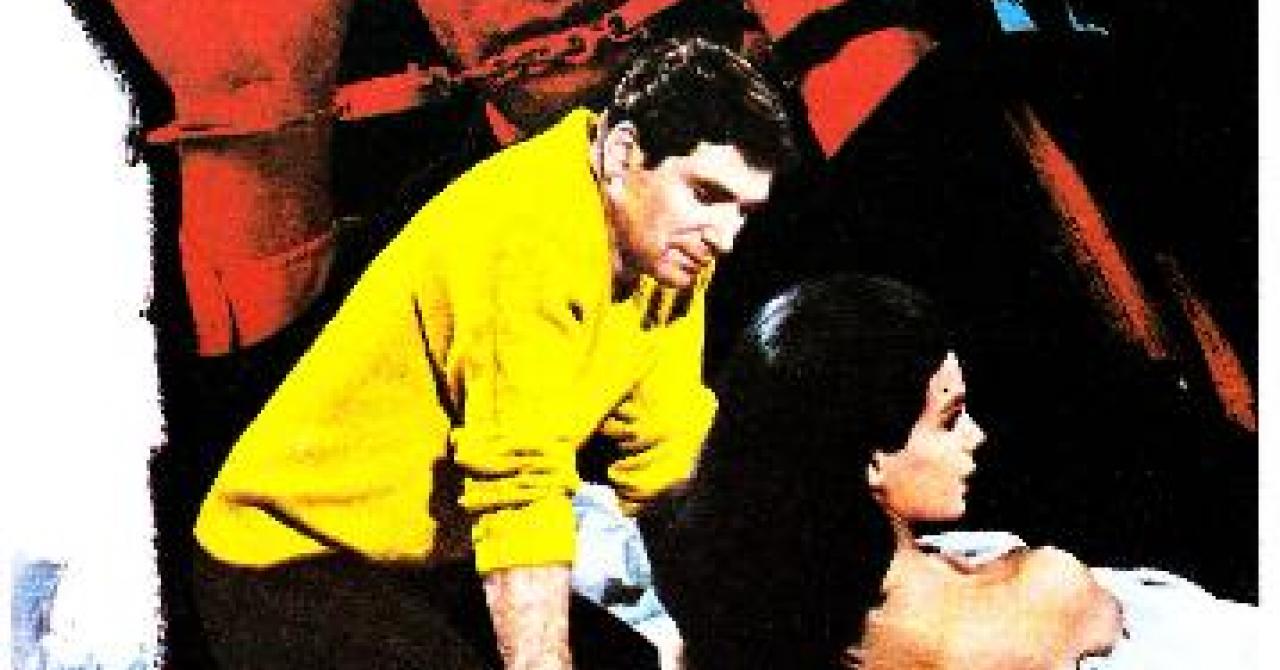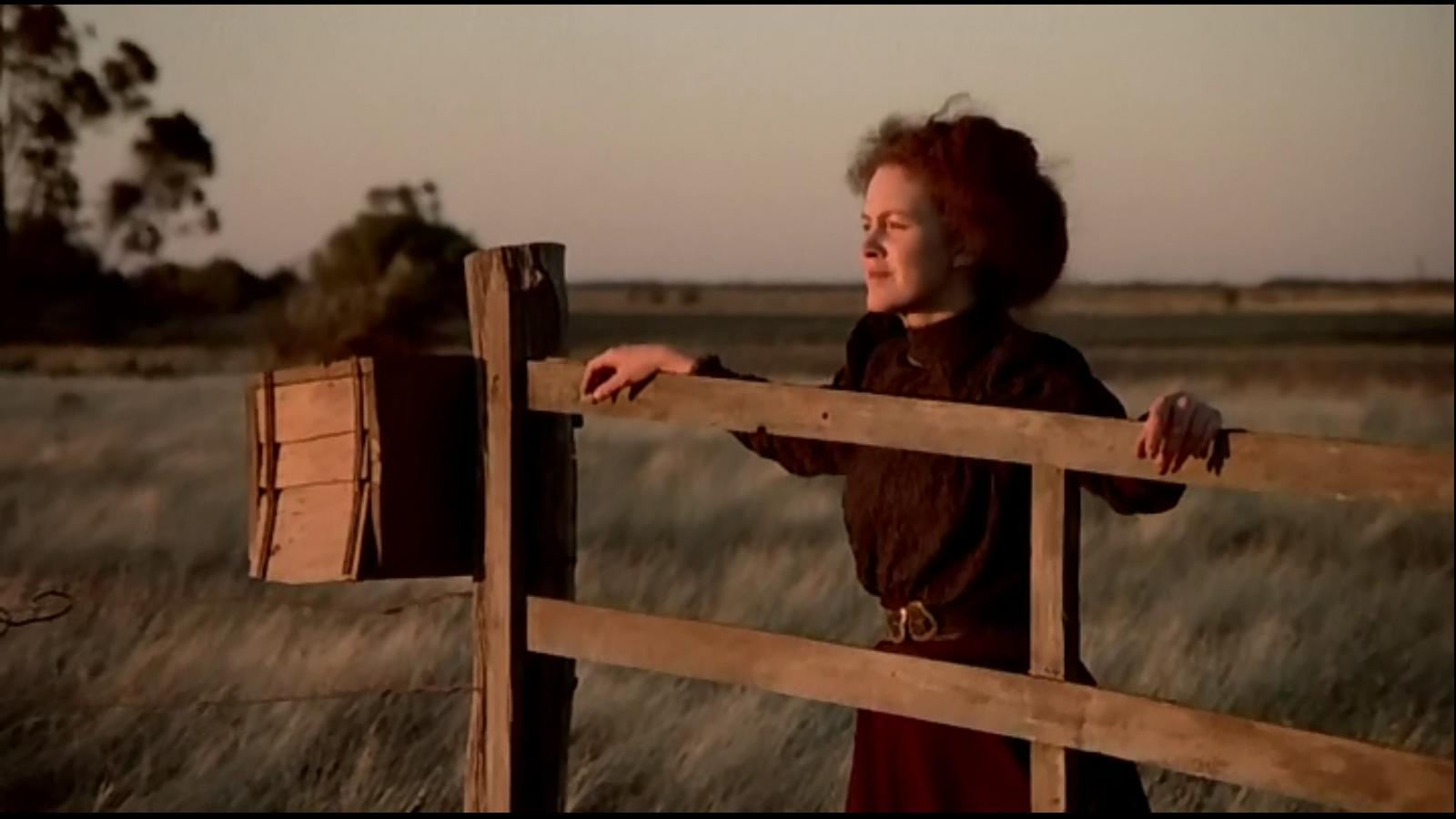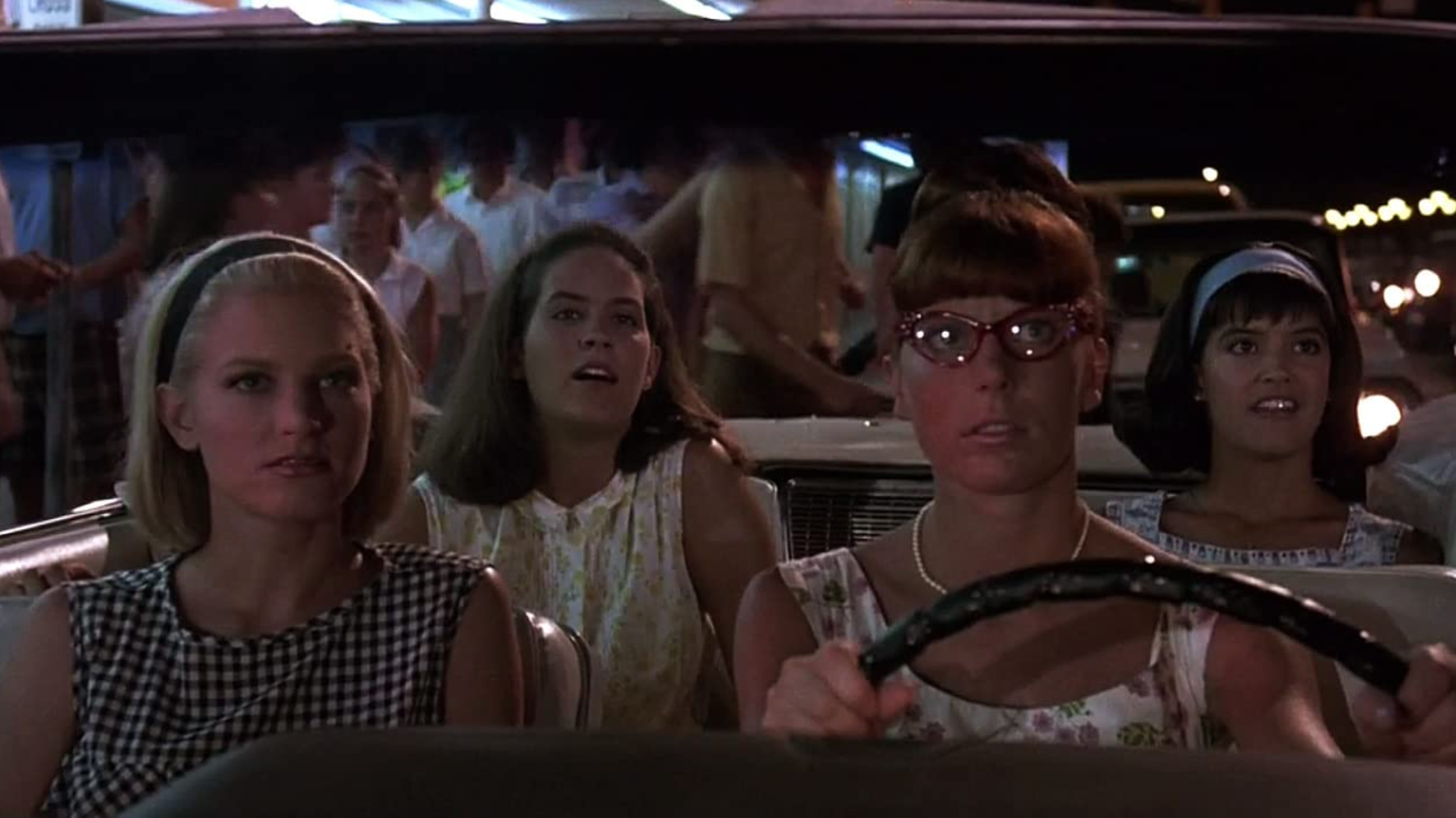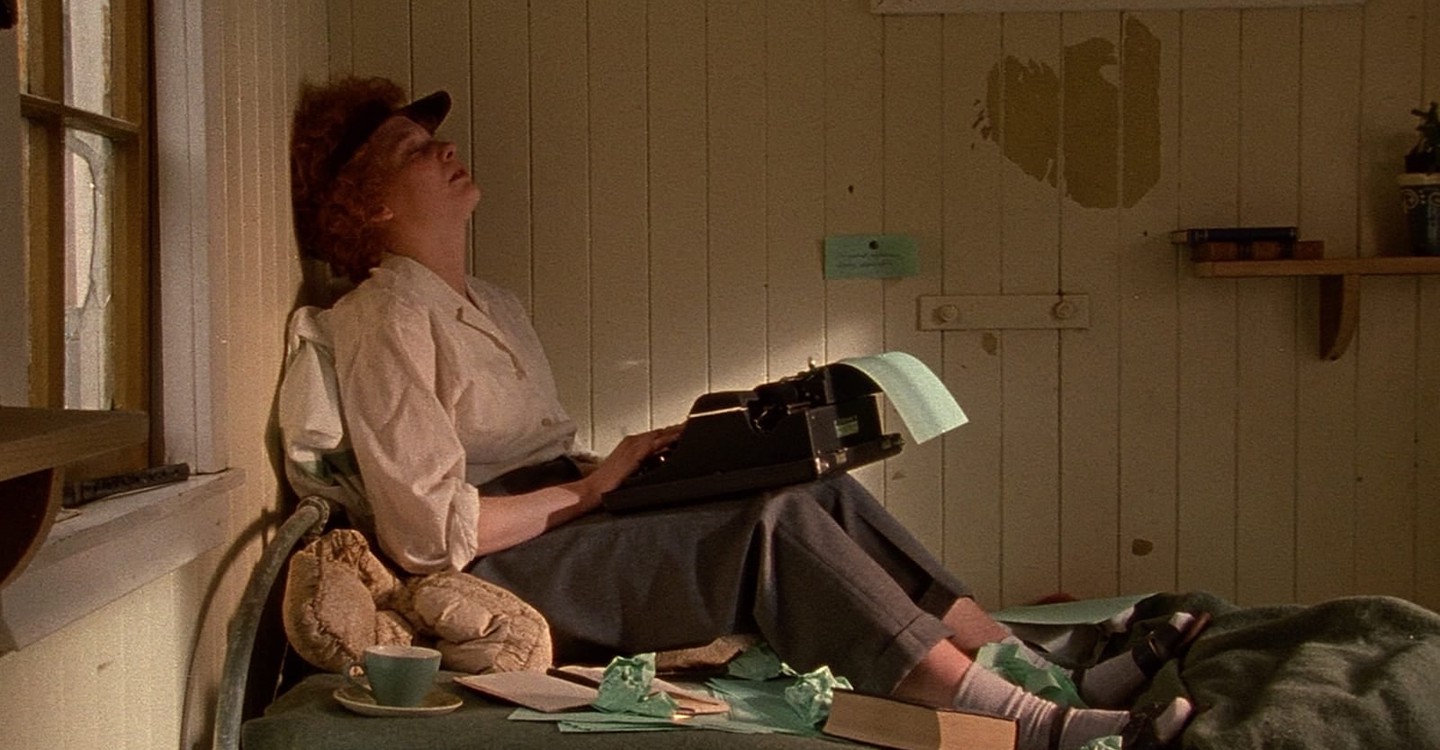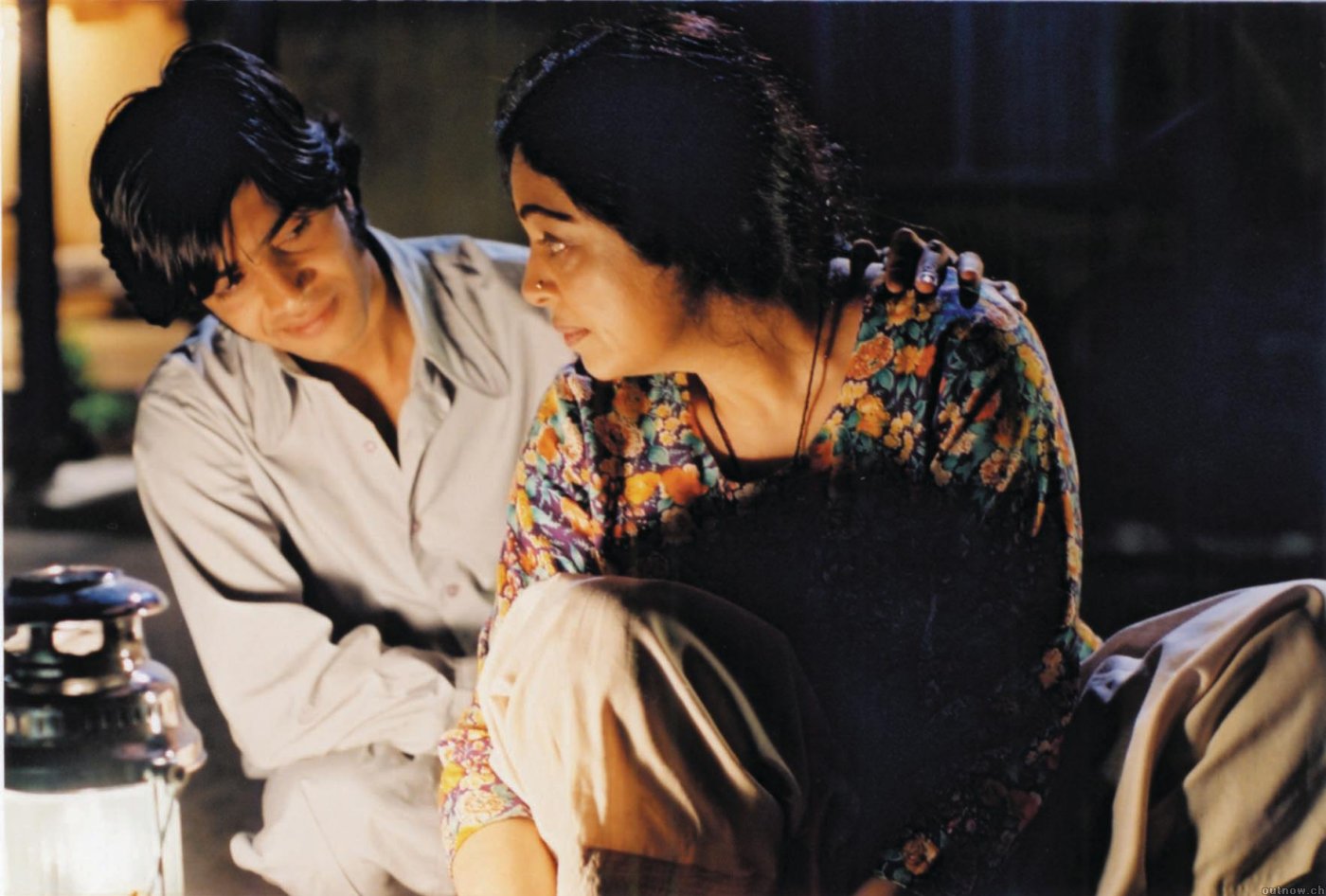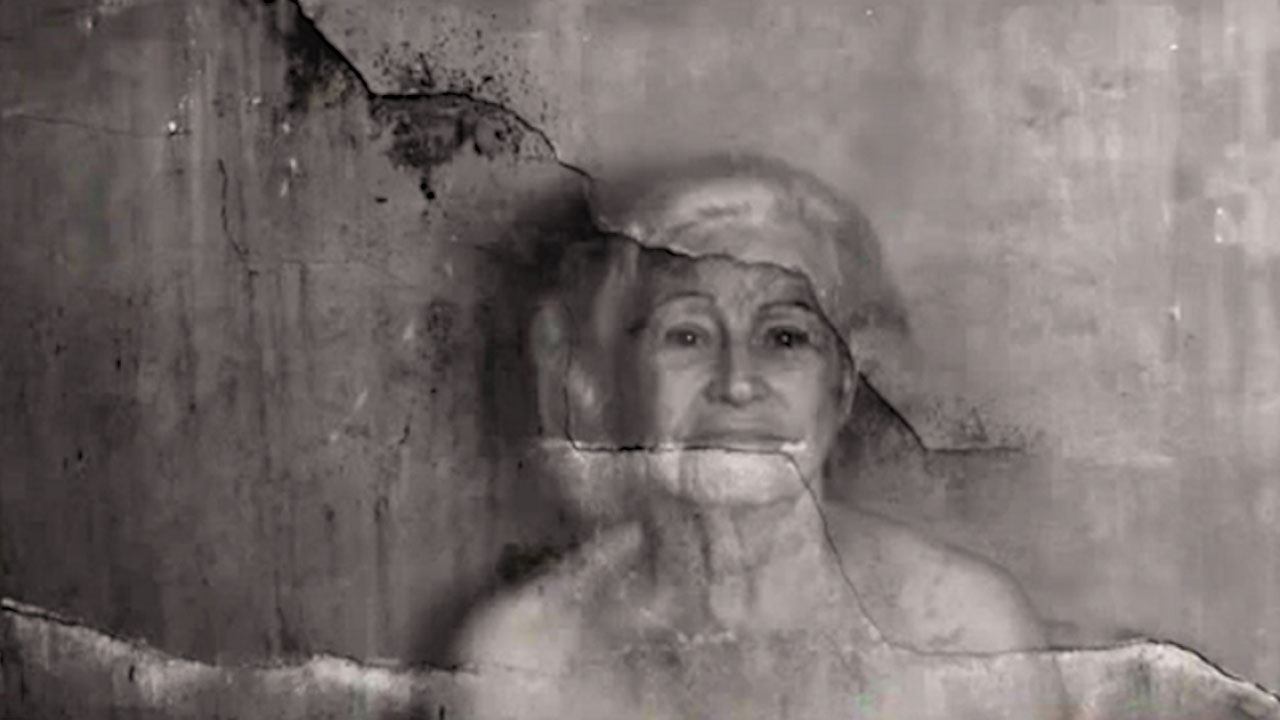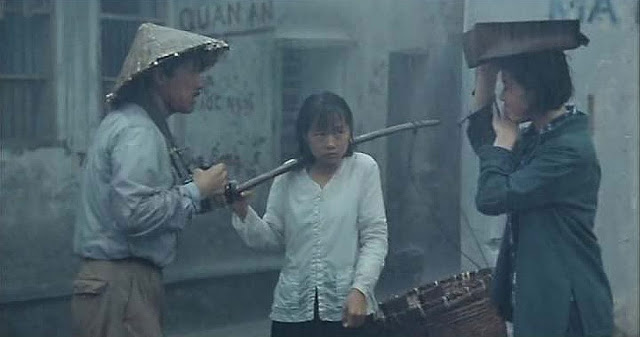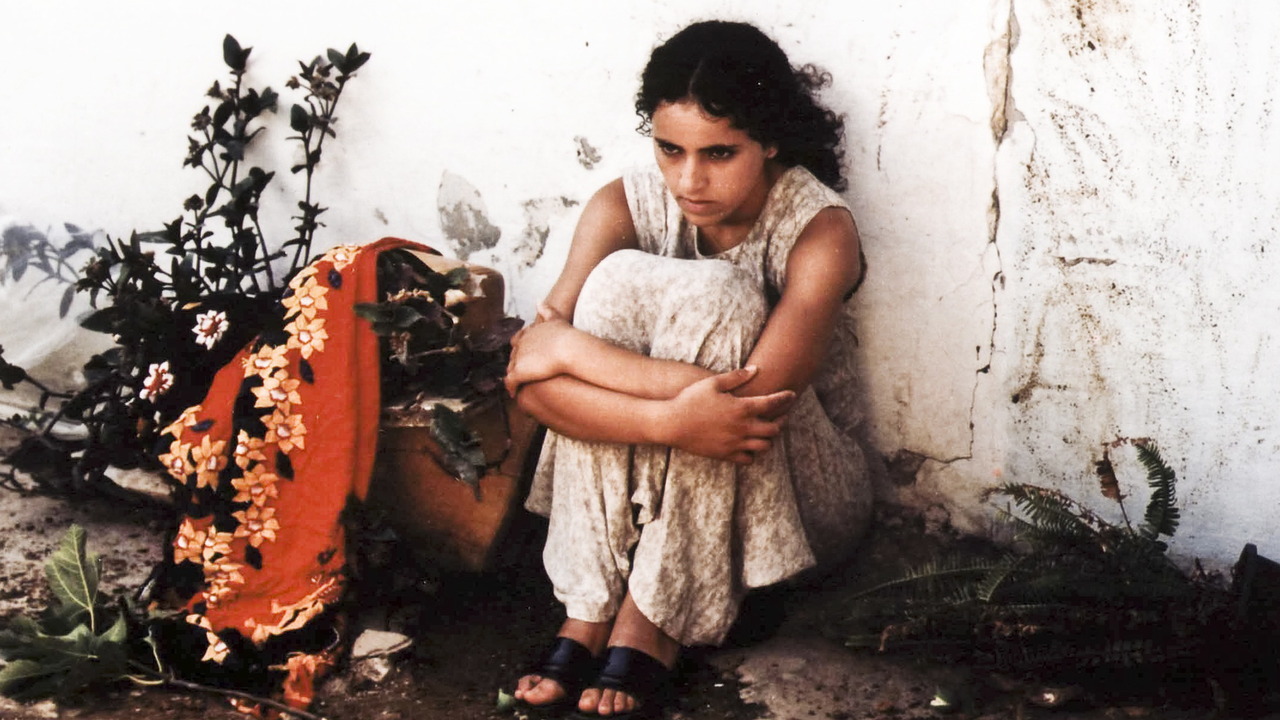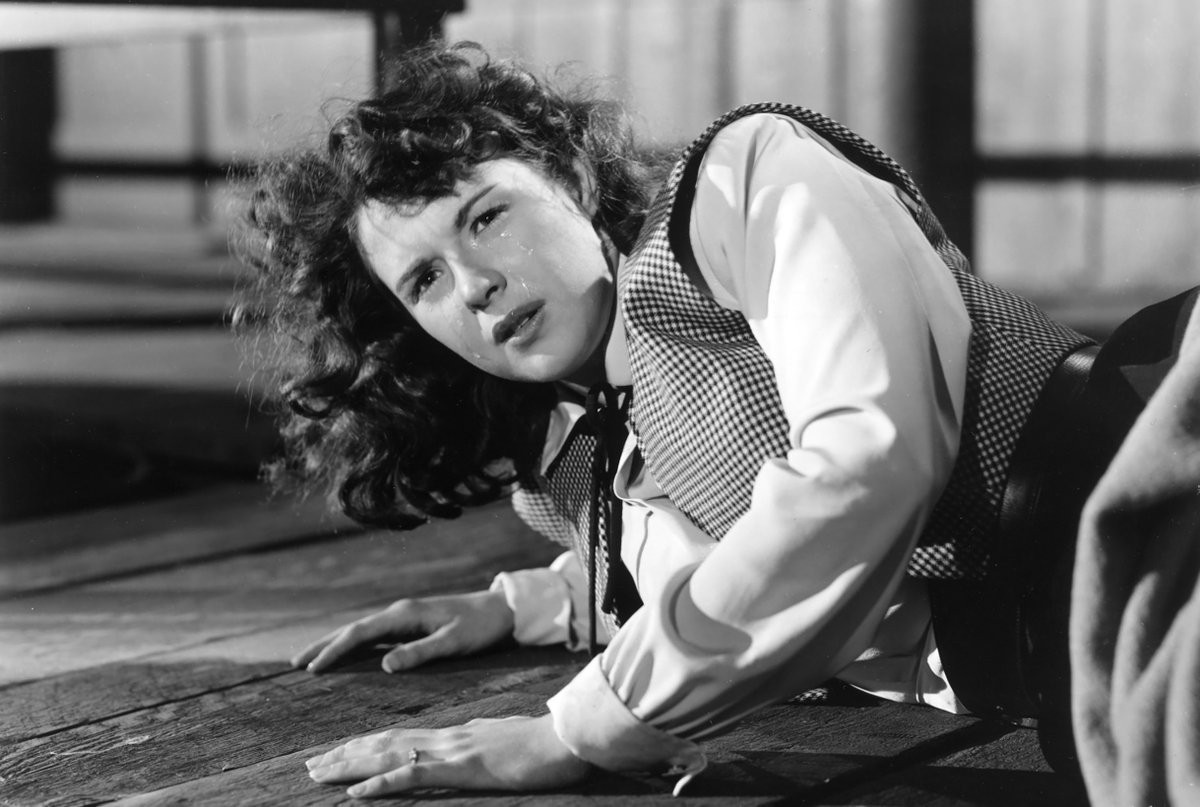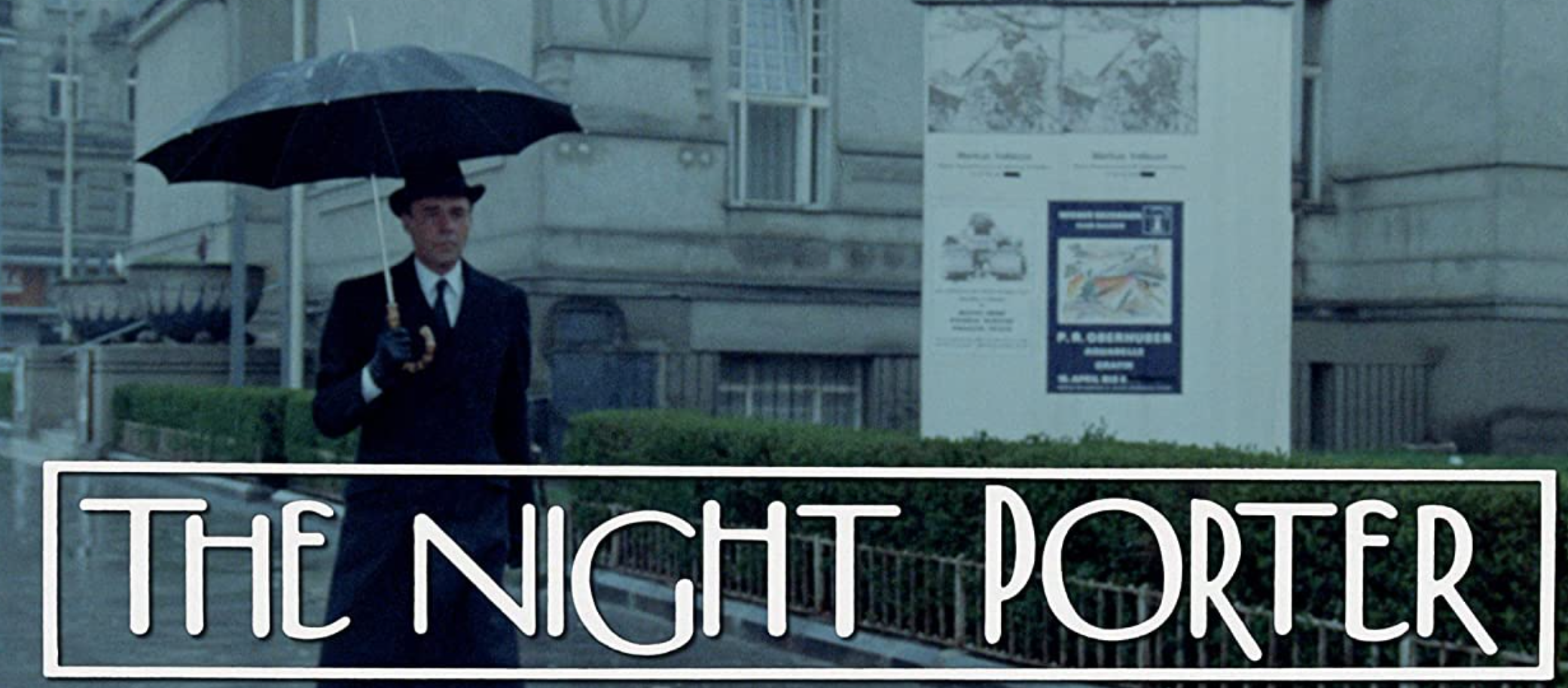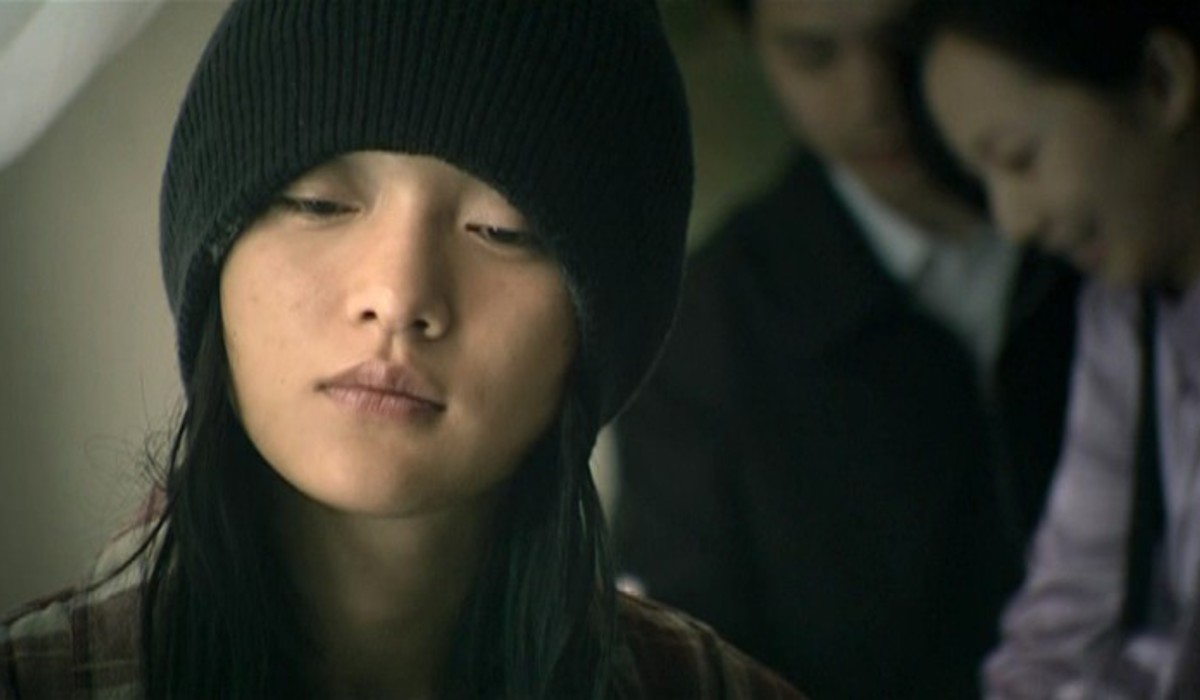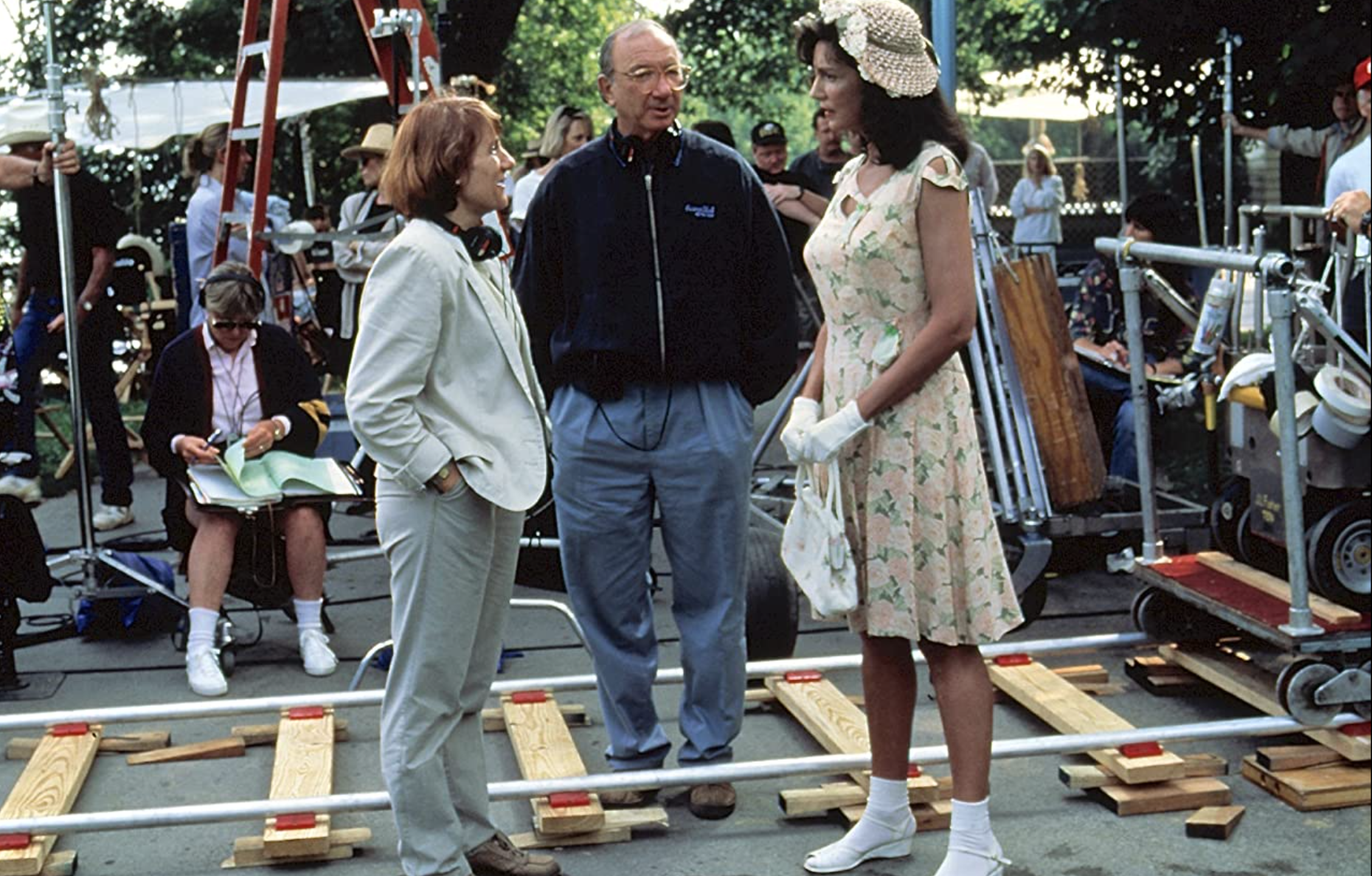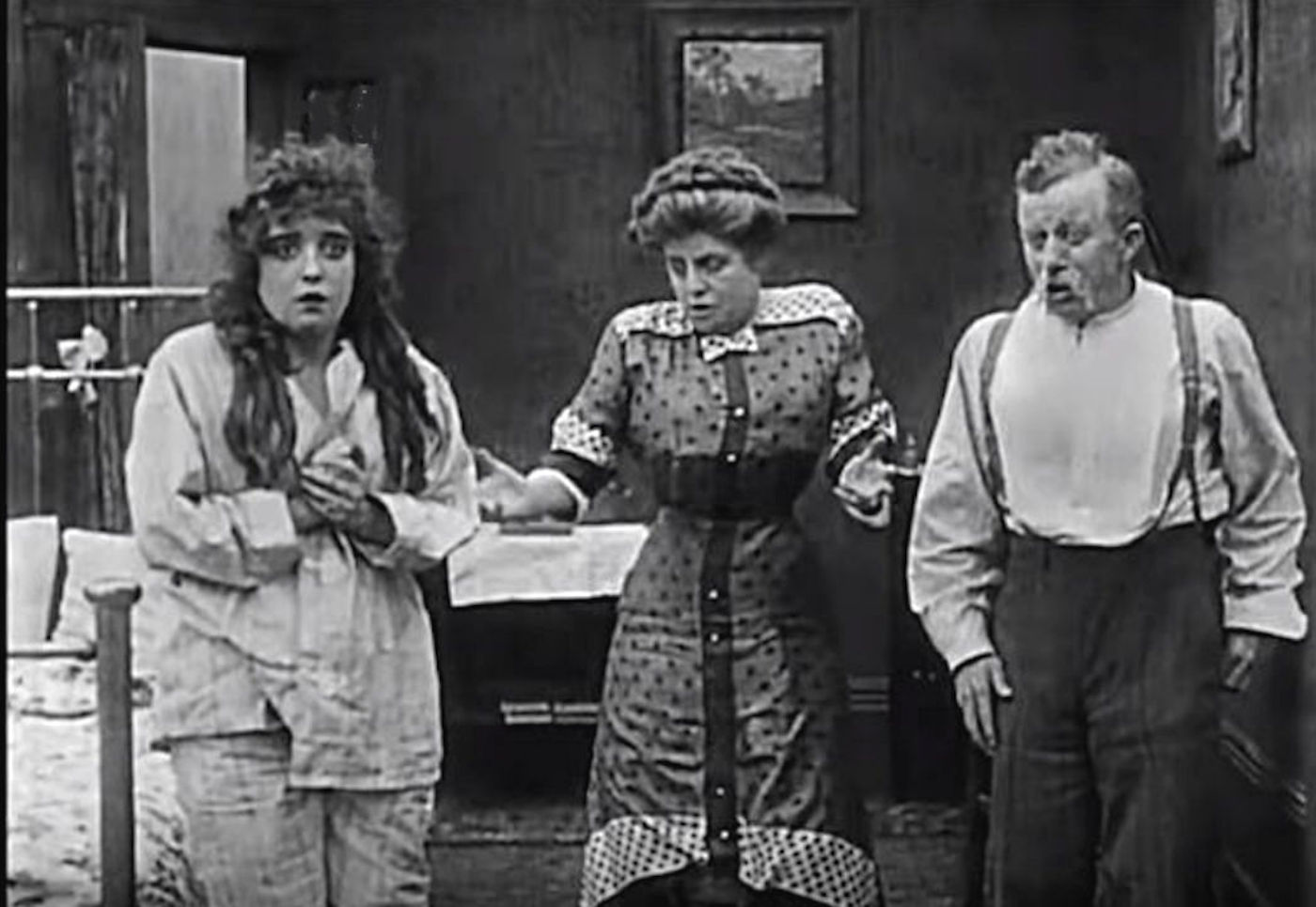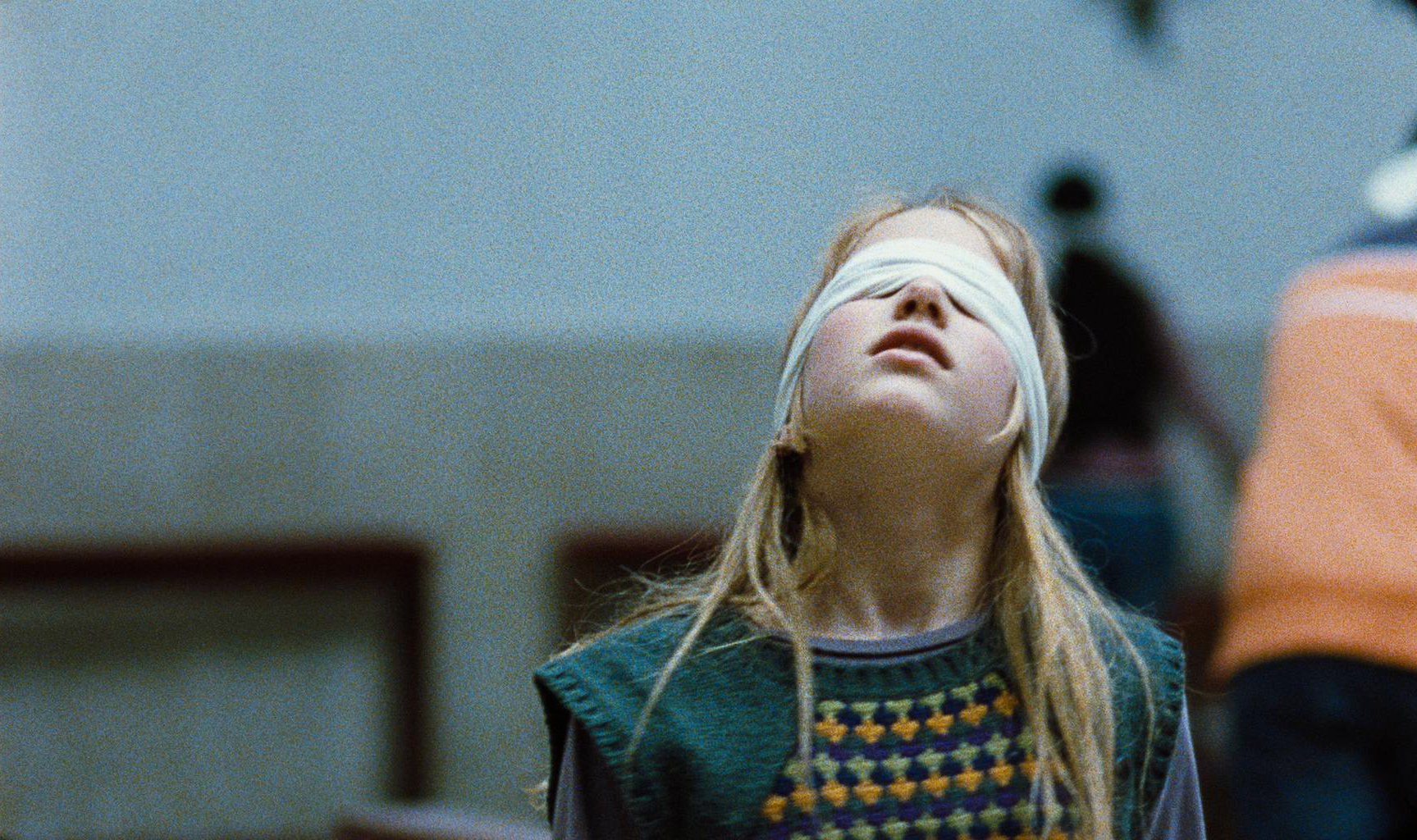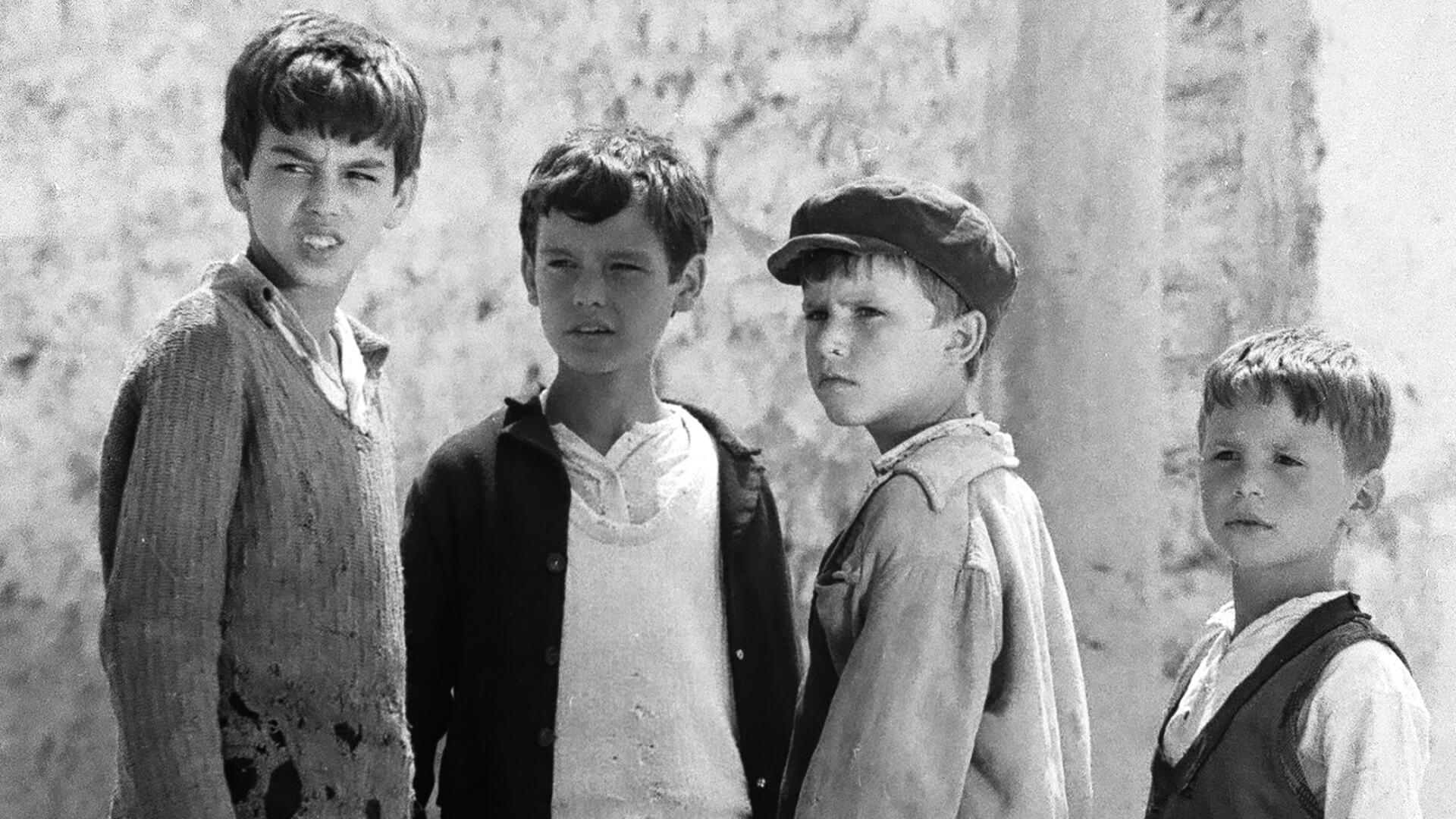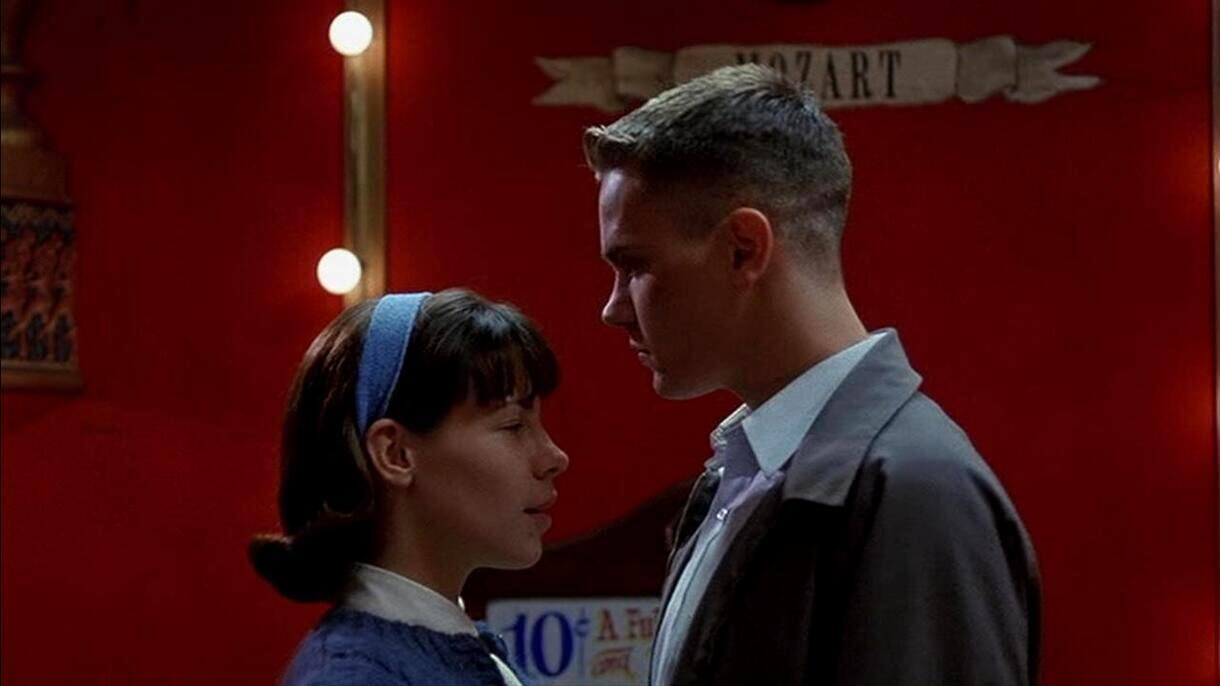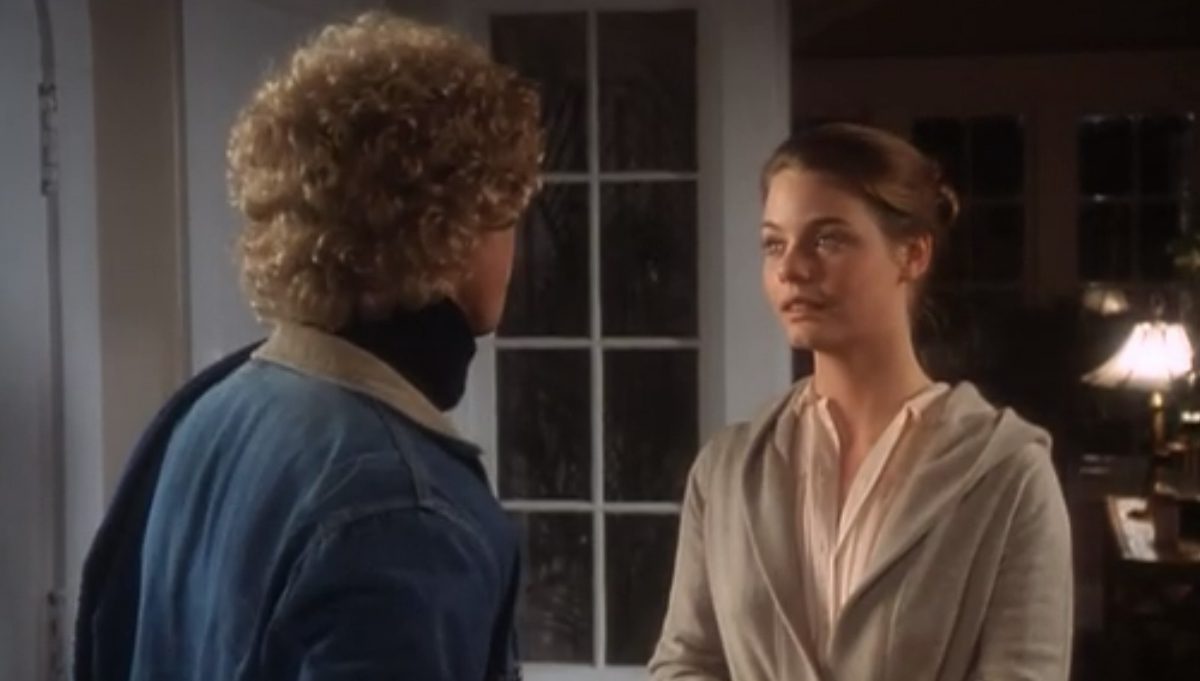A prostitute struggles to save money for her far-away family while suffering gross mistreatment from her pimp. When she moves into an aging photographer’s spare room, she finds herself growing to care for her new landlord. Through their newfound friendship, the two are both able to heal emotionally and spiritually. Indonesian director Nan Triveni Achnas delivers a film that deftly expresses pain, sorrow, love, and care. The Photograph’s (2007) main actors execute their scenes with poignancy. (RMM: 3/5)
Tag: TCM
Norwegian Favorite ‘Fools in the Mountains’ is a Situational Comedic Treat
When two guests identical in appearance but opposite in nature arrive at the Hurumhei Hotel, the receptionist – and the other guests – confuse them for the same person. Normally a sharp-minded hard worker, the receptionist believes he is going insane. Meanwhile, the hotel manager’s daughter disguises herself as a bellhop to prove to her parents that she isn’t a spoiled child. One of the most famous Norwegian films, Edith Carlmar’s situational comedy Fools in the Mountains (1957) (in Norwegian, Fjols til fjells) entertains while offering a glimpse into Norwegian culture. (RMM: 4/5)
‘Very Annie Mary’ Charms Us With the Awkward yet Compassionate Nature of its Titular Heroine
A woman struggles to break free from the yoke of her father’s authority and become her own person. Matters are complicated when she must care for him after he suffers a stroke. Still, she dreams of moving into a house of her own and helping her friend “Bethan” (Joanna Page) go to Disneyland. In Sara Sugarman’s Very Annie Mary (2001), the titular character charms us with her awkward yet kind-hearted nature. Colorful characters throughout the film make for a quirky, fun, and at times sad story. (RMM: 4/5)
Brazilian Favorite ‘O Ébrio’ Chronicles the Exploitation of a Kind-Hearted Man by Those He Holds Dearest
A medical student is made destitute and homeless after his family loses their property due to a series of faulty business practices. Shunned by his relatives, he turns to the church, which gives him a second chance at life. When his participation in a radio singing contest gives him money and fame, he finishes school and becomes a doctor. In Gilda de Abreu’s Brazilian classic, O Ébrio (1946), a kind-hearted man is taken advantage of by the people he holds dear. (RMM: 3/5)
Wanuri Kahiu’s 2018 ‘Rafiki’ Is the Modern-Day ‘Romeo and Juliet’
TCM will feature films from 12 decades—representing 44 countries—totaling 100 classic and current titles all created by women. Read more about this here! Based on the short story “Jambula Tree” by acclaimed Ugandan writer Monica Arac de Nyeko, the film Rafiki is bubbling with radiance, life and love. (FMF: 5/5 rating) Review by FF2 Intern… Continue reading Wanuri Kahiu’s 2018 ‘Rafiki’ Is the Modern-Day ‘Romeo and Juliet’
‘The Crime Thief’ Shows Us a Psychopath in Action
When a writer witnesses a woman commit suicide, he convinces himself that he carried out the crime. Bored and craving attention, he begins writing anonymous letters to the press detailing the murder. Nadine Trintignant’s The Crime Thief (in French, Le voleur de crimes) explores the mind of a psychopath as his deadly affliction becomes more evident. (RMM: 3/5)
‘The Kite’ Explores the Unique Kind of Strife Brought by Borders
A teenage girl from a Lebanese village must leave her mother and brother to cross the Israeli-Lebanese border as she is off to fulfill an arranged marriage to her cousin. Meanwhile, she and a border soldier fall in love from a distance. In The Kite (2003), director Randa Chahal Sabag explores the traditions of the Druze community while communicating the unique kind of strife brought about by political unrest and ever-changing land borders. (RMM: 3/5)
Gillian Armstrong’s Feminist Film ‘My Brilliant Career’ Illuminates Why Women Feel Compelled to Fulfill Societal Soles
In 1979, director Gillian Armstrong created one of Australia’s finest pieces of feminist film—My Brilliant Career. Based on the novel by Miles Franklin, it centers on a woman who is full of spirit and determination to take full control of her own life. Judy Davis stars as the protagonist who is ready to defy all societal expectations with her thoughts and actions, without a care for what others think. (KIZJ: 4/5)
Director Zelda Barron’s ‘Shag’ Kicked off the “Naughties” by Reminiscing about American Teenagers in the 1950s
British director Zelda Barron directed Shag in 2001—a film that throws its audience back to simpler times. Starring Page Hannah, Annabeth Gish, Phoebe Cates, and Bridget Fonda, Shag is a friendly and heartwarming film where getting caught by the parents is life’s biggest disaster. (KIZJ: 3/5)
Wendy Toye’s Fast-Paced ‘The Teckman Mystery’ Stimulates Conversation on Film Censorship in Old British Cinema
A successful writer is asked by his publisher to write a biography on a man who recently died in a plane crash. Initially reticent, the writer finds himself drawn to the story as he begins to uncover the case’s details. But some would rather this mystery remain unsolved, and the situation soon becomes dangerous for all innocent – and seemingly innocent – characters involved. Despite facing censorship from the British Board of Film Classification (BBFC), Wendy Toye delivers a fast-paced story whose unraveling compels us to continue watching in The Teckman Mystery (1954). (RMM: 3/5)
‘An Angel at My Table’ is life captured in motion
A life’s journey captured in motion: female auteur Jane Campion is at her best in this canonical masterpiece from 1990. Based on writer and poet Janet Frame’s autobiographies, An Angel at My Table depicts in three parts Frame’s incredible struggle for existence in a world which was never made for her. (MJJ: 5/5)
Through the perspectives of women, Sabiha Sumar explores violence and unrest in the name of religion in ‘Silent Waters’
In a Pakistani village in 1979, a mother watches in sorrow as her teenage son becomes indoctrinated into a group of radical Islamist militants bent on converting the entire country to Sharia law. As her relationship with her son crumbles, she experiences flashbacks from her childhood in 1947, another time of political unrest when the country of Pakistan was forming. In Silent Waters (2003), director Sabiha Sumar explores violence and unrest through women’s perspectives, who often stand to suffer the most as its result. (RMM: 4/5)
Mystery, Melancholy, Memory, and Comfort Pervade Júlia Murat’s ‘Found Memories’
In Found Memories (2011), Júlia Murat quietly observes the daily happenings in a tiny Brazilian village. When a young photographer arrives to photograph the few elderly residents and their homes, she finds herself captivated by the setting’s antiquity. In just a few days, she grows close to the village bread baker, who spends her days lost in memories and routine. Beautifully composed visuals in each frame paired with minimal yet expressive acting add movement to a story steeped in mystery, melancholy, and – strangely – comfort. (RMM: 5/5)
Director Ann Hui Shows a Bleak Reality through a Photojournalist in ‘Boat People’ — the Final Movement of Her Vietnam Trilogy
In 1982, Ann Hui directed the film Boat People (Tau Ban No Hoi)—the final leg of her trilogy of films that center around Vietnam. Starring George Lam, Season Ma, Cora Miao, and the young Andy Lau, the film is an emotional discovery of how people lived in postwar Vietnam. KIZJ: (4/5)
Featuring Striking Visuals, ‘Rachida’ Captures the Essence of Fear and Resignation in a Community
During the Algerian Civil War, a young school teacher tries to live her life as she witnesses violent terrorism instill fear into the community. First-time director and Algerian Yamina Bachir hits the ground running, exploring civility’s disintegration in a country otherwise filled with culture, tradition, and love. Though a bit slow in pacing at times, Rachida (2002) is both poignant and visually striking. (RMM: 3.5/5)
Ida Lupino’s ‘Outrage’ Tackles the Subject of Rape at a Time of Strict Regulations on Content
A young, newly-engaged woman ready to start her life is raped on her way home from work one night. Suffering mentally from the attack, she abandons her life, her family, and her home in an attempt to forget what transpired— and to regain some semblance of faith. Ida Lupino’s Outrage (1950) tackled rape when it was even more taboo than today. Film regulations of the period further limit its scope of exploration on the subject. (RMM: 3/5)
Liliana Cavani’s 1974 Film ‘The Night Porter’ is Strangely Obsessed with the Past
Liliana Cavani’s 1974 film ‘The Night Porter’ is set in Vienna in 1957, twelve years after World War II. Set in Hotel Zur Oper, it is busy and bustling with guests, some of whom hold dark secrets. (SYJ: 4.5/5)
Director Shaohong Li’s ‘Stolen Life’ Exemplifies How a Single Choice Impacts a Life and a Love
In 2005, Shaohong Li directed the coming-of-age drama Stolen Life (Sheng Si Jie), starring Xun Zhou and Jun Wu. The film won the Best Narrative Feature category at Tribeca Film Festival and is a sobering presentation of how drastically life can change when an unexpected child comes along. KIZJ (3/5)
A Film Pioneer’s Guide to ‘The Birth, the Life and the Death of Christ’
In Alice Guy-Blaché’s 1906 film The Birth, the Life and the Death of Christ, the infamous stories of Jesus Christ are told in 25 scenes. We see the early developments of film and cinema through these pictures and how stories unfold through gestures and body language rather than dialogue. (SYJ: 4/5)
A Compelling Immigrant Narrative is Marred by a Weak Script and Acting in Ela Thier’s ‘Foreign Letters’
In 1982, a young girl and her family must adjust to life as immigrants in America after leaving Israel to escape war. While exchanging letters with her best friend back home, the young daughter finds a new, lifelong friend in a quiet Vietnamese girl in her class. Based on her own childhood, Ela Thier’s Foreign Letters (2012) chronicles the struggles of assimilating to a new language and culture while yearning for the one you left. Unfortunately, its engaging subject matter does not cancel out its weak script and static acting. (RMM: 2.5/5)
Martha Coolidge Brings to Screen the Comedic Pulitzer Prize-Winning Play ‘Lost in Yonkers’
Director Martha Coolidge collaborates with writer Neil Simon to adapt his Pulitzer Prize-winning play, Lost in Yonkers. A warm and kind coming-of-age film where two boys are forced into a new way of living when they stay with their strict grandma in Yonkers. (KIZJ: 3/5)
‘Mabel’s Strange Predicament’ is Both Funny and Foundational in the Making of the Modern Sitcom
Mabel Normand directs, writes, and stars in this silent short film alongside the always charming Charlie Chaplin. Mabel’s relationship with her sweetheart is threatened at a fancy hotel when a staggering drunk (Chaplin) starts meddling in her affairs. The small cast of characters soon finds itself in several sticky situations. Mabel’s Strange Predicament (1914) entertains while laying the foundations for the modern sitcom. (RMM: 4/5)
‘Corpo Celeste’ sparks conversation about the church and its place in society today
A 13-year-old girl struggles to find her place in society after moving back to Italy with her mother and older sister. Soon, she finds herself wrestling with the tumultuous growing pains of youth while trying to make sense of the Catholic church and her place in it. Alice Rohrwacher invites us to look—alongside her heroine— at a society from the outside and observe the ways in which religion permeates a people. (RMM: 3.5/5)
Though Steeped in Patriotic Pathos and Historical Context, ‘Tomka and His Friends’ Sustains the Energy of a Children’s Adventure
When occupying Nazis set up camp on their soccer field after the withdrawal of Mussolini’s Italian forces, a group of boys vows to defend it. Together with the partisan resistance, they fight for freedom from fascism – and have quite a bit of fun in the process. Xhanfize Keko’s Tomka and His Friends (1977) offers a unique spin on a sub-genre of child adventures, grounding it in history while infusing it with patriotic pathos. (RMM: 4/5)
Director Kimberly Peirce Reveals Soldiers’ Hidden Mental and Emotional Pain in ‘Stop-Loss’
In 2008, Kimberly Peirce directed and co-wrote Stop-Loss—a film that voices the pain hidden within the soldiers that fight the wars for America in Iraq. Ryan Phillippe, Channing Tatum, Joseph Gorden-Levitt, and Abbie Cornish star in this war story based on reality. (KIZJ: 3/5)
Though Nostalgic and Sweet, ‘Dogfight’ Reminds Us Not to Romanticize the Past
In 1963, a group of young marines spend a night in San Francisco before being deployed to Vietnam. When one invites a shy, frumpy girl to a party called a “dogfight,” he has no idea that he will have fallen for her come morning. Director Nancy Savoca captures a moment of love and tenderness during a time of political upheaval. Historical context in Dogfight (1991) adds a further layer of nostalgia while inviting the audience to look at the past through a more critical lens. (RMM: 4/5)
Joan Darling’s ‘First Love’ is a Not-So-Sweet Dive into Campus Romance
Joan Darling directed First Love—one of the first big studio films that was offered to a woman. William Katt and Susan Dey star in this campus love story where a hopeful young man falls in love with a beautiful woman, whose heart is with an older man. (KIZJ: 3/5)
‘The Women Who Loved Cinema’ Illuminates Female Pioneers of Egyptian Film
In her two-part documentary series, The Women Who Loved Cinema (2002), director Marianne Khoury recounts prominent Egyptian actresses and filmmakers’ lives from the 1920s and 1930s. These women would advance the development of Egyptian cinema, leaving their mark on a growing industry. (RMM: 3.5/5)
Esmer’s 10 to 11 is grounded and touching
You can watch Pelin Esmer’s 10 to 11 as part of Turner Classic Movies “Women Make Film” series on 9/16 at 5:15 AM. TCM will feature films from 12 decades—and representing 44 countries—totaling 100 classic and current titles all created by women. Read more about this here! Pelin Esmer wrote and directed 10 to 11 based on her uncle, who actually… Continue reading Esmer’s 10 to 11 is grounded and touching
Musings on Meshes of the Afternoon: Maya Deren explores the landscape of the subconscious
TCM will feature films from 12 decades—and representing 44 countries—totaling 100 classic and current titles all created by women. Read more about this here! A woman picks up a flower on her way home and takes a nap in her living room armchair. What follows is a dream sequence with cyclical scenes of a shrouded… Continue reading Musings on Meshes of the Afternoon: Maya Deren explores the landscape of the subconscious
